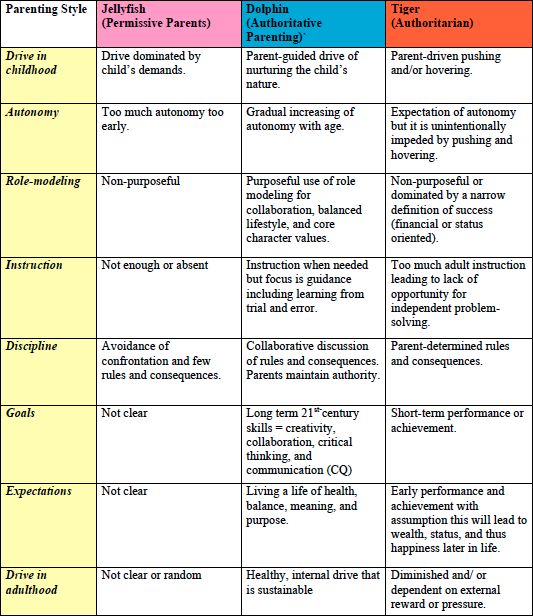In past years, the idea of divorce was rarely heard of. However, in today’s society, it has become more prevalent than in years past. There is some debate about whether a divorce between a child’s parents does or does not harm the child/children. Due to the fact that divorce wasn’t always a big issue in society, there is very little research that was done about it.
One study mentioned in an article written by Debby Johnson from Texas A&M was conducted over 5 years and came to the conclusion that how a child reacts to a divorce depends on their age. The article states, “One cannot expect a 4-year-old and a 12-year-old to react alike, and yet for many years all children of divorce were categorized and treated alike.” This source basically states that there aren’t major consequences for children generally, it depends on the age of the child/children when the parents get divorce. This source is credible because it is from an accredited academic institution and it provides sources at the end of the article. Another study conducted stated that divorce isn’t the sole deciding factor for how a child reacts. It depends on the relationship between the parents and the child. If they had a good relationship, then the child won’t be negatively affected. But if the child and the parent had a not-so-good relationship, then the child will probably be more negatively affected. This source argues the same point as the first; there’s more than one factor going into the effect of divorce on children.
On the other end of things, a meta-analysis involving 92 studies compared children living in divorce households with single parents to children living in intact families. Across a series of tests, the researchers measured the well-being between the two groups of children. The results found were that children living in divorced, single-parent households generally scored lower than the children living in intact households. This information was obtained from an article written by Amato, Paul R., Keith, Bruce. I find this source credible because it lists information from other studies as well as cited sources. It was also published by the APA which is an accredited association. Another stance is from an article titled The Long Reach of Divorce: Divorce and Child Well-Being Across Generations by Paul R. Amato and Jacob Cheadle. I find this article credible because it was published in a journal by the Department of Sociology at The Pennsylvania State University. In this article, they state that from their research as well as other studies, “divorce has consequences for subsequent generations, including individuals who were not yet born at the time of the original divorce.
Personally, my parents got divorced when I was 6 years old and when my sister was 4 years old. We both turned out fine (so to speak). Overall, with the information from my sources and my personal experiences, I’m gonna say that there are too many factors that determine how divorce affects children in the long run.
Sources:
